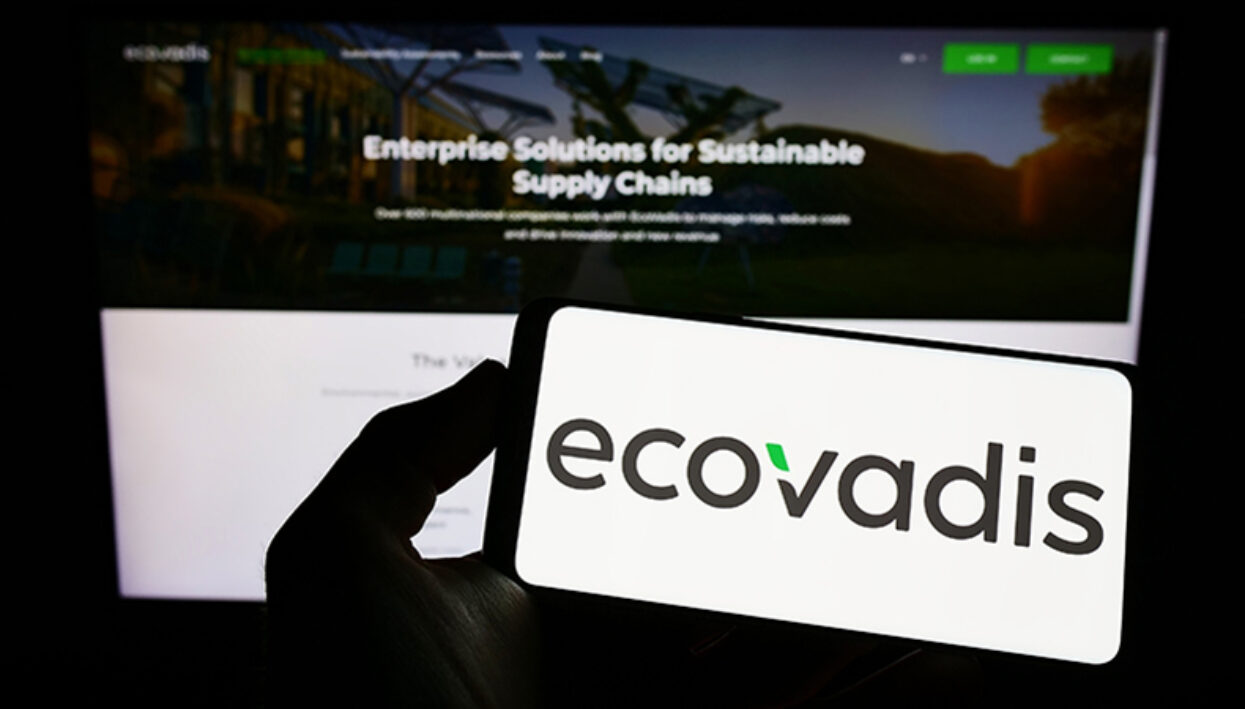Sustainability
How to prove your sustainability credentials with an EcoVadis scorecard
Author
FESPA Staff
Published Date
23/09/2022
Become a FESPA Member
to Continue Reading
